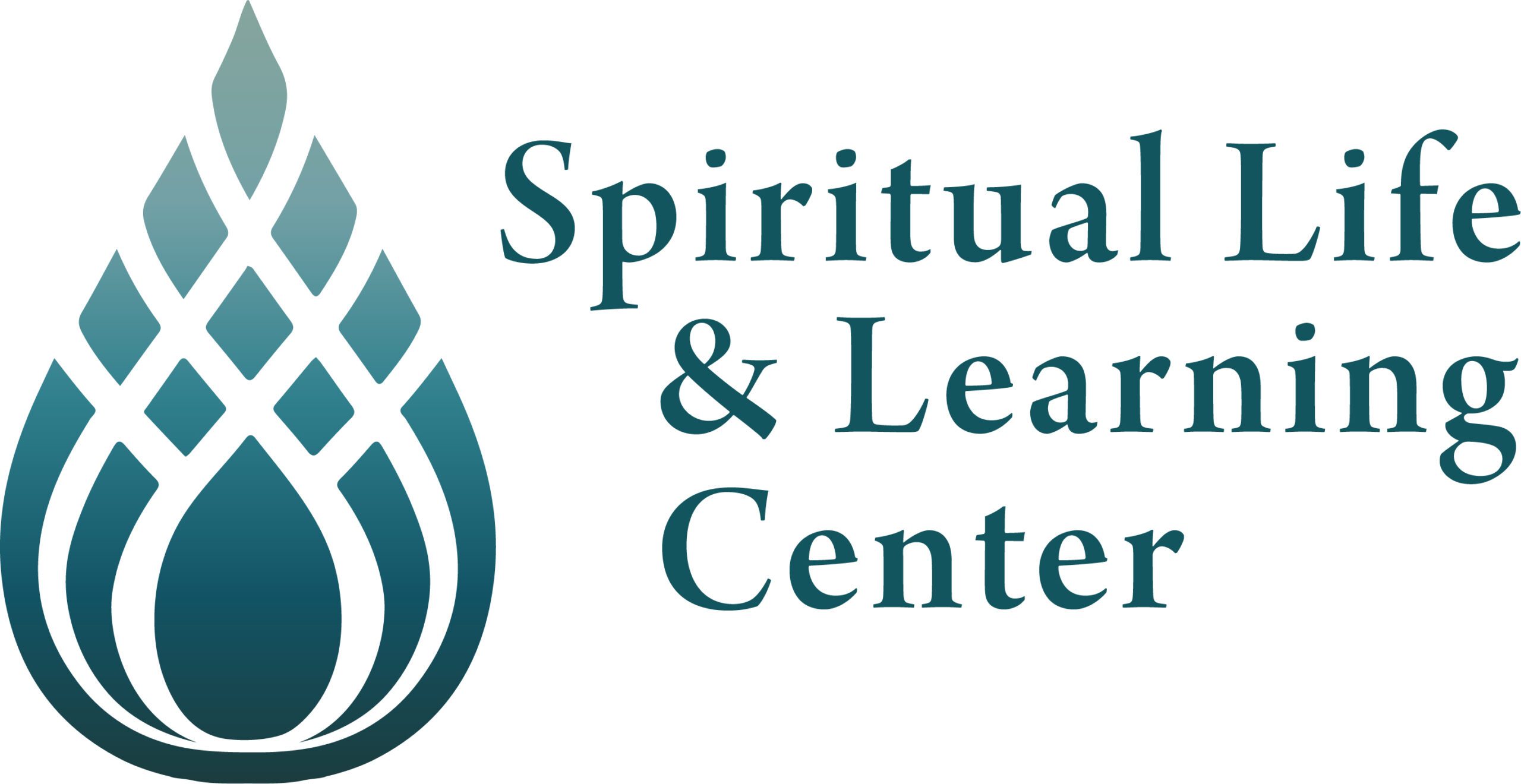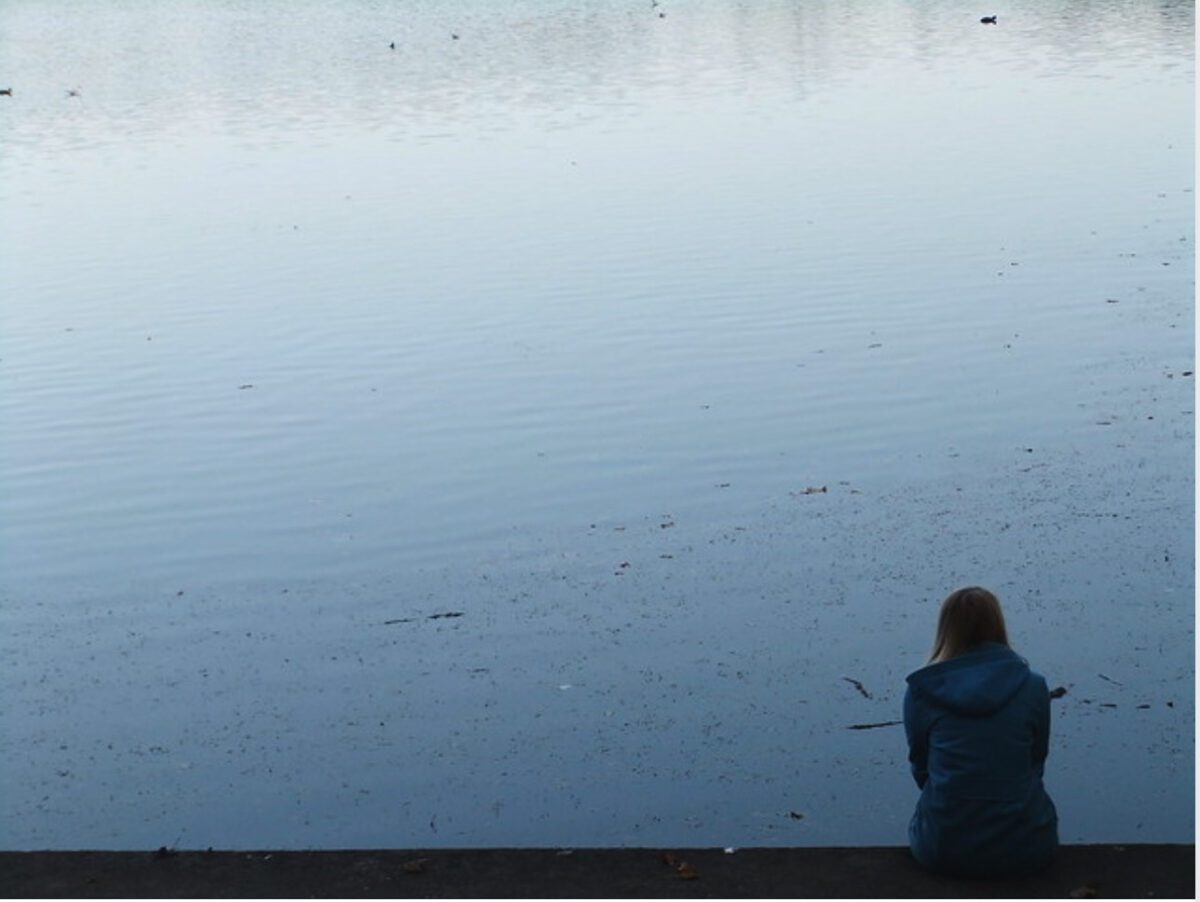I’ve just completed two and a half days of immersion in “Food and Faith: Ministry in a Time of Climate Change” at The Methodist Theological School in Ohio, where former Vice President Al Gore was a featured speaker, but there were many powerful talks and workshops by professors, activists and indigenous peoples, so I am still sorting it all out.
Mr. Gore (now of the Climate Reality Project), whose daughter Karenna Gore, as Director of the Center for Climate Ethics and a lead organizer of this conference, used an indigenous quote from Chief Luther Standing Bear of the Lakota Sioux (from the early 1900’s) which sums up a great deal of the takeaway for me:
The old Lakota was wise. He knew that man’s heart away from nature becomes hard; he knew that lack of respect for growing, living things soon led to lack of respect for humans too.
And hasn’t that become such a true prophecy, in part because of Christian theology about human “dominion” over nature.
Ellen Davis, Duke Divinity School professor of Bible and theology, was quoted as saying “Earth is our first ancestor.” This presenter also told how Dr. Davis uses the commandment to “Honor your father and your mother,” to make an important—and actually obvious—point: The full commandment is “Honor your father and your mother that your days may be long in the land your God is giving you.” She asks us why it would be that honoring our parent would increase our lifespan on the earth? Maybe because our first parent is Mother Earth. And if we honor—respect—the Great Mother, all may live long upon this creation God has given us.
Dr. Rattan Lal, OSU professor of Soil Science and Director of the Carbon Management and Sequestration Center, spoke on this theme: The Soil Will Save Our Soul. And I came away a believer! Just one quote he shared
Essentially all life depends upon the soil—There can be no life without soil and no soil without life; they have evolved together.
(Charles E. Kellogg, USDA)
If we could get rid of the awful anthropocentrism at the heart of our faith, the “spiritualizing” tendency of having a theistic God removed from Earth, and the crazy—and ultimately narcissistic–notion of a divinely-planned apocalypse that will destroy the created world and leave only a “heaven” somewhere out of time and space where a few select individuals will somehow reside, maybe we could focus on what it would take to leave this planet viable for as long as possible for our children and our children’s children.
Karenna Gore says we need to keep in mind the “three empty chairs” that are left unoccupied for every discussion of climate: (1) marginalized peoples; (2) future generations; and (3) other species.
And so, MTSO Professor of Theology, Ecology and Race Dr. Elaine Nogueira-Godsey concluded our conference with four questions every theology/philosophy/worldview needs to address no matter what religious or other tradition is developing its theology of meaning and life:
- Does this theological construction make sense of the world we share? I would suggest that most of the Christian myths that are held on so tightly lead us away from consideration of the world we share, and need to be consistently challenged.
- Does the view of divinity promote the flourishing of the world?
- If the view of one’s god is that the divine is separate from the world, and the ultimate plan is to destroy the world, the nature of that god needs to be quickly reconsidered.
- Do our theologies disrupt imperialistic models of human relations? Most clearly of all Jesus’ teachings, his life and especially his death, do exactly this. And even the apostle Paul is right in line in this trajectory.
- Do these theologies teach us to survive not at the expense of someone else’s survival? Ah, here is the rub for people of privilege, and what looks like an insurmountable mountain for social activists of all stripes.
But at the end of the day, these speakers and this conference, filled me with hope, because we were gathered with so many who are working to make their corner of the world—sometimes big corners—fit into ways of living and being that meet the criteria framed by these four questions, and that seek to fill in those empty chairs at the table of climate discussion.
In his lyrical workshop, “All Our Relations: Grief, Reality, Hope,” Tim Van Meter, professor of ecology and social justice at MTSO, concluded with this quote from Alphonso Lingis:
Hope is hope against the evidence.
Hope arises in a break with the past. There is a kind of cut and the past is let go of. There is a difference between simple expectation and hope. …I think that hope is a kind of birth—it doesn’t come out of what went before, it comes out in spite of what went before. Abruptly there’s a break and there’s an upsurge of hope, something turned toward the future.
(That would be a better interpretation for the meaning of a “virgin birth” in our time, by the way.)
And Al Gore gave poet Wallace Stevens the last word in his otherwise pretty devastating talk:
After the final no
,
there comes a yes,and on that yes
the future of the world depends.
Finally, today’s Word of the Day quote by Nipun Mehta from gratefulness.org:
What gives me hope is that life unfailingly responds to the advances of love.





